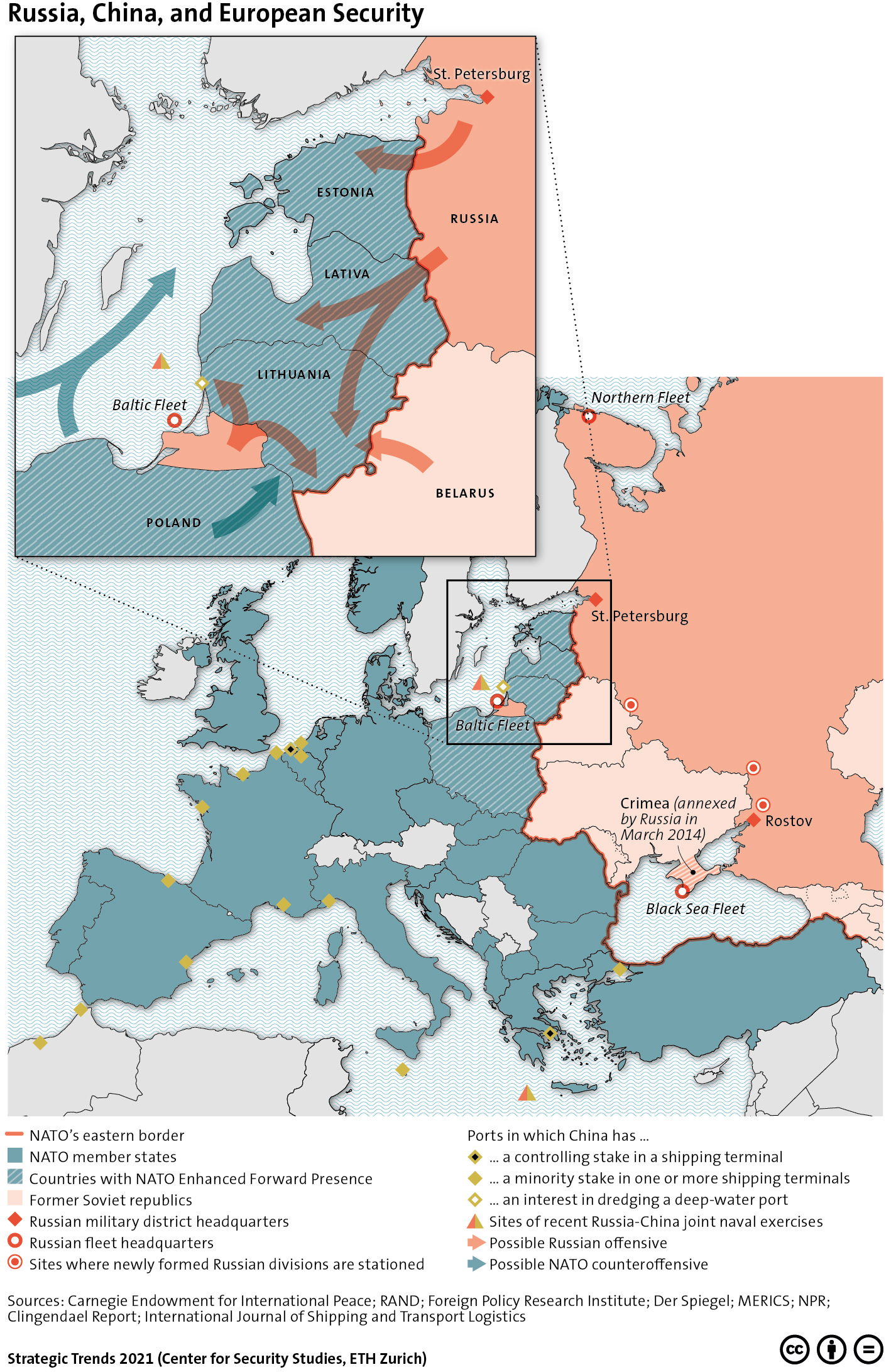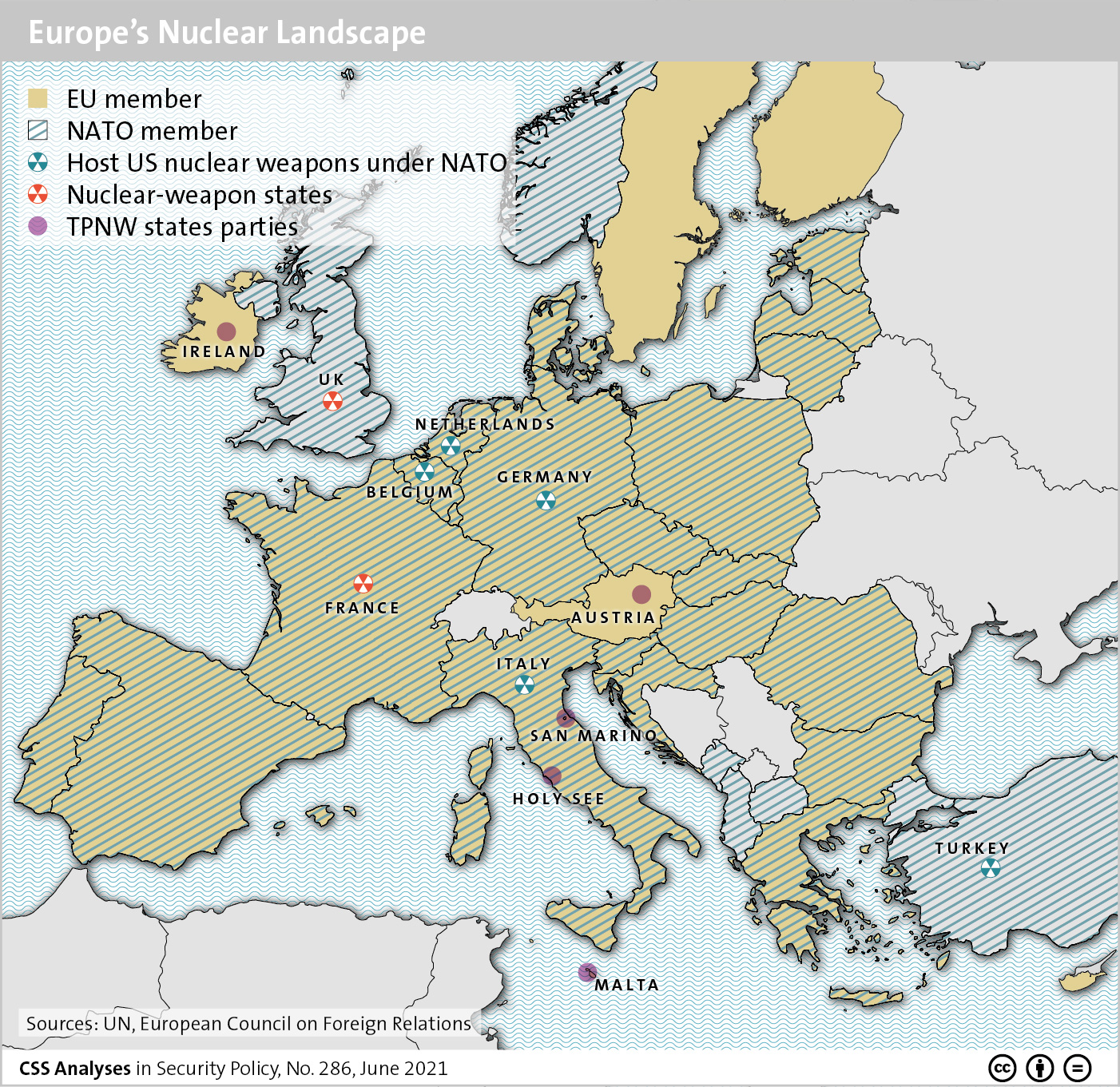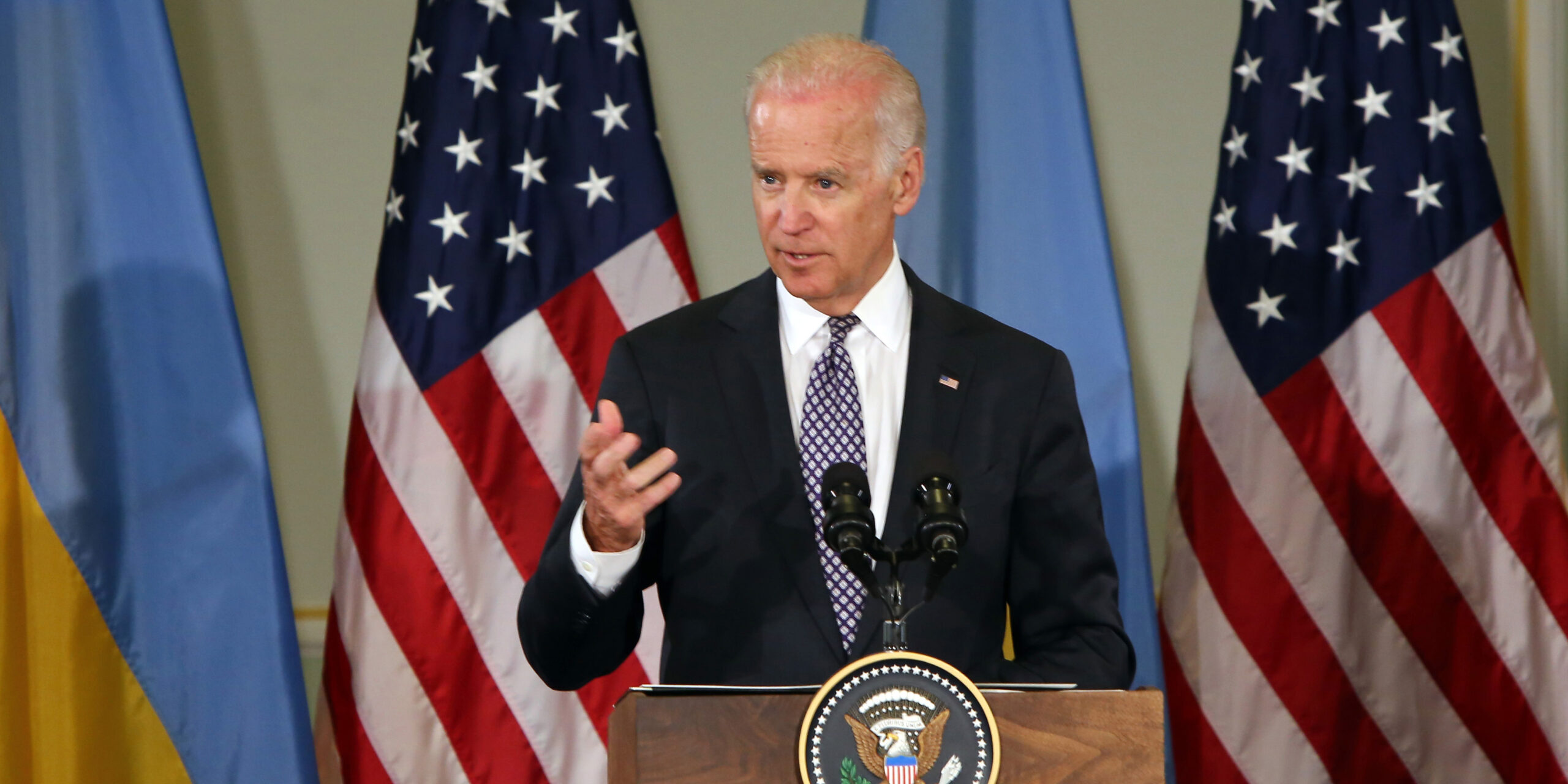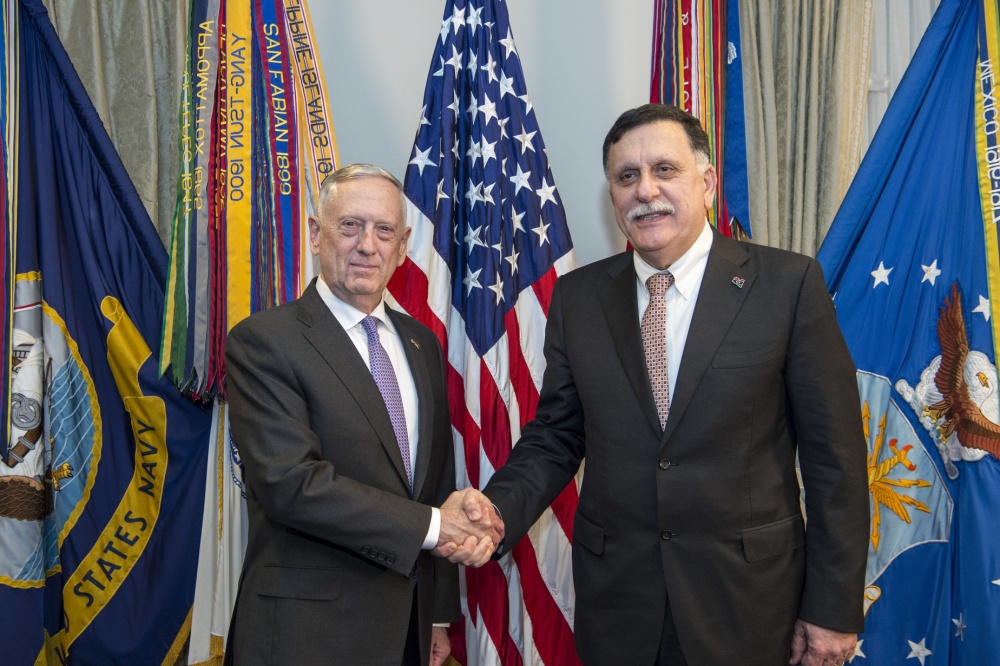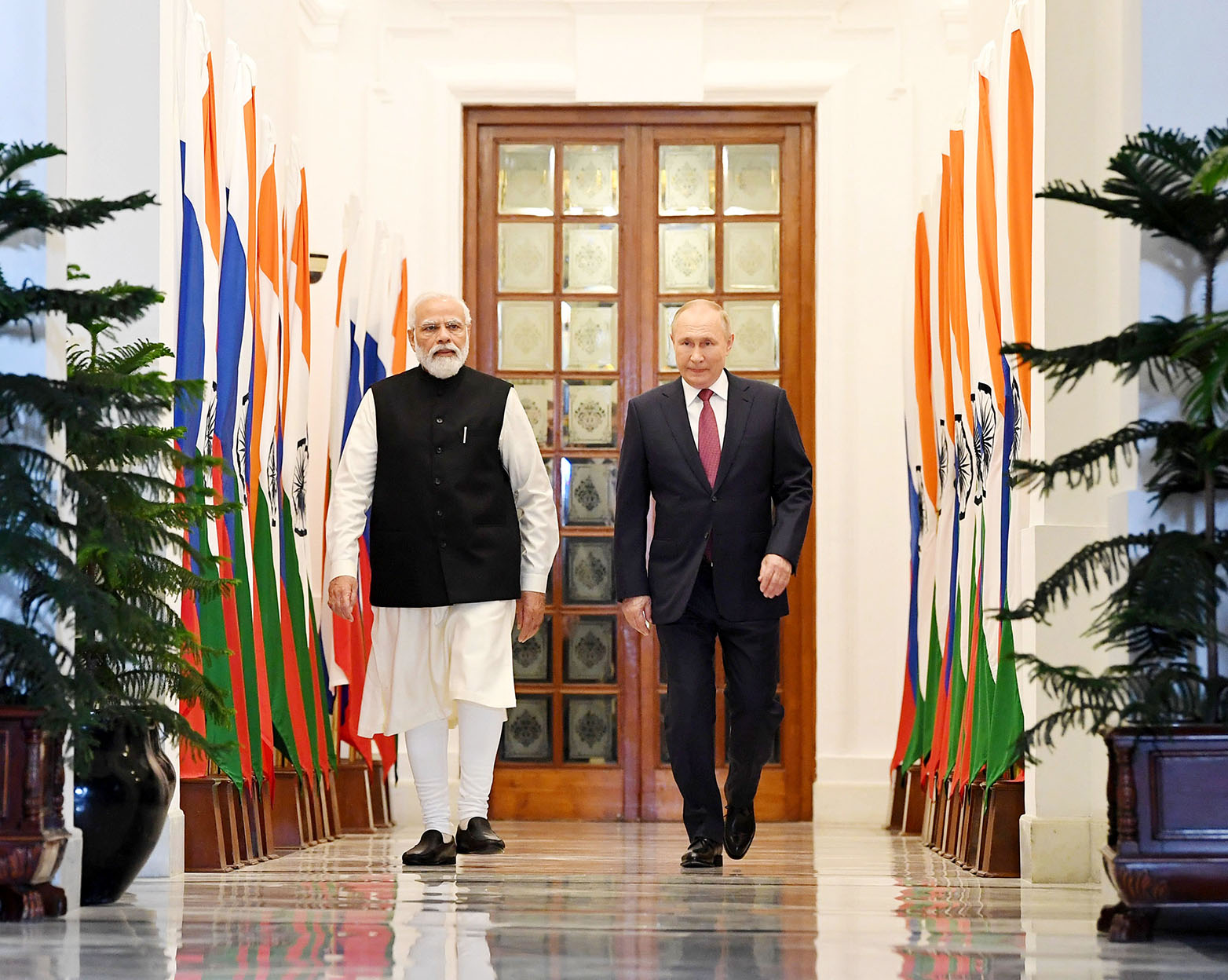
Prime Minister Narendra Modi and President Vladimir Putin at the 21st India–Russia Annual summit in New Delhi on December 6, 2021. (This image is a copyrighted work of the Government of India, licensed under the Government Open Data License – India (GODL) It was published by Press Information Bureau on behalf of Prime Minister’s Office, Government of India under the ID 105749.)
As Russia’s war rages in Ukraine, India has so far refrained from publicly criticizing Russia. India is unlikely to change course. This mirrors its national interests. India’s worst-case scenario would be an isolated Russia.

